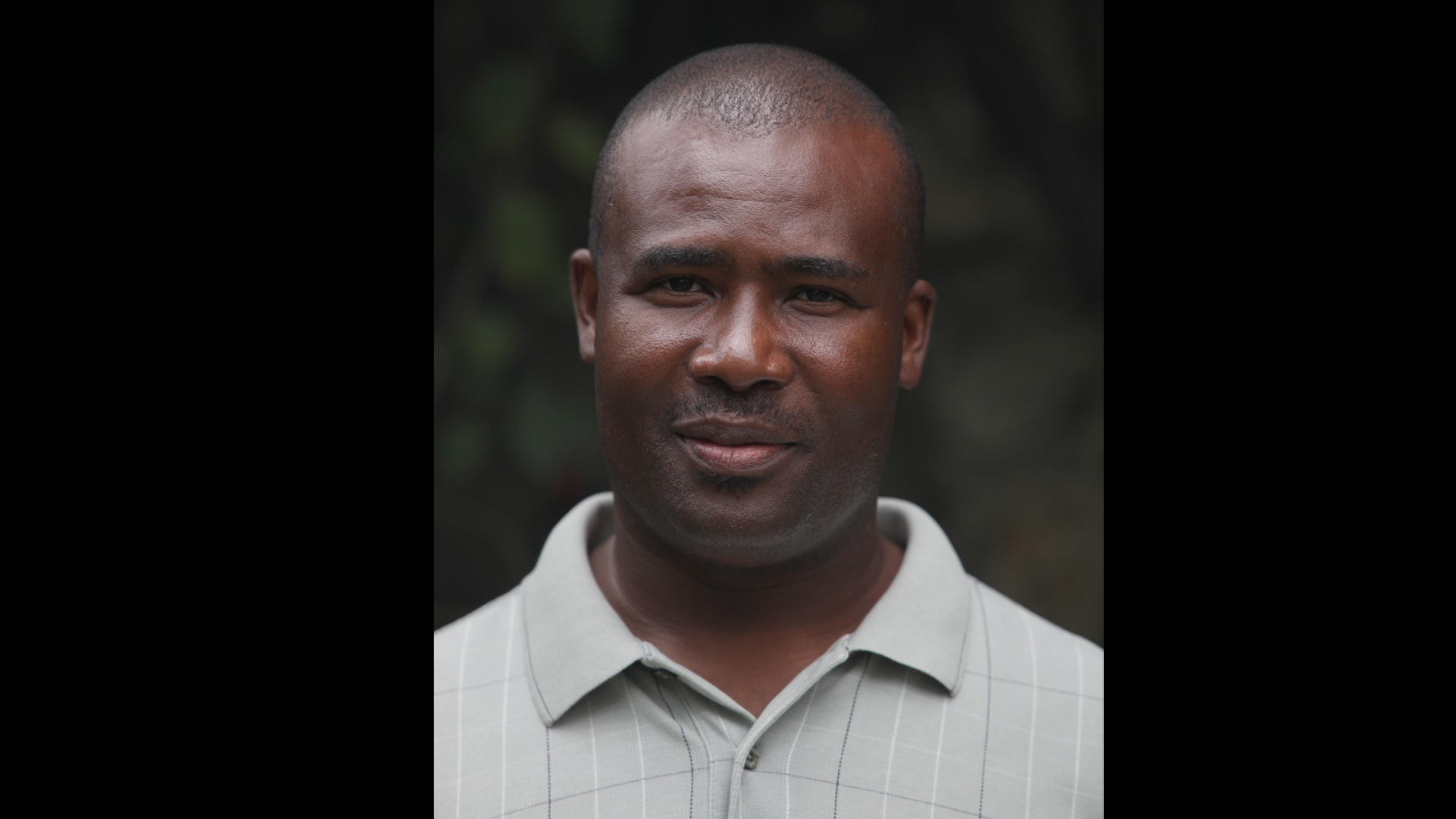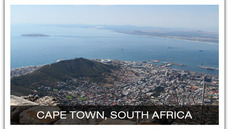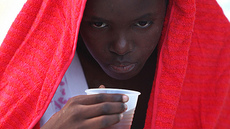Before leaving Port-au-Prince, Haiti, Pastor James MacDonald and I hired Pastor Jacques Louis as our first employee of Churches Helping Churches. We gave Pastor Jacques the money to purchase a digital camera and obtain ongoing secure Internet access in order to stay in contact with us and keep us abreast of what is happening on the ground. I asked him a few questions via email and wanted to pass his answers on to you for a most recent update. 
How many people remain on your campus seeking help? Is there any new news to report?
-Still get two to three perceptible aftershocks a day. Our census reveals that on a given night we have 2.5 thousand people on campus. We still have medical teams coming in every day. We are able to provide potable water for those in need with the help of Water Missions International. They installed a system of purification right here on campus. Banks are open but there is a maximum limit of $2,500.00 per person/day.
What are the most pressing needs you have?
-On a personal level, the same basic needs of people victim of natural disasters. But as an institution we are facing a dilemma of how we are going to pay our employees (some lost everything they had!) if we are not open. Those taking refuge on our campus have to move out before we can open or start any important construction project. We will need four big tents for classrooms.
How are the pastor and church at the edge of your campus? How large was that church before the quake and how is it faring and what do they need?
-The pastor lost his home. The church building is fine. But people have not come to church because of their fear to enter any building. They picked the site of the elementary school on campus to have their worship service next Sunday at 7:00 a.m. The church used to have a 2,000+ attendance.
We have heard reports that they are moving people out of the city in large numbers to new cities made of tents and hopefully more permanent housing. If this is true, do you know where those locations will be and are there qualified church planters we could support and send to those areas to plant churches since there are likely none already in place?
-Most people leaving Port-au-Prince are heading to their hometowns. Given the fact that some no longer have a place to stay in Port-au-Prince or their hometowns, they leave the capital city with friends who still have a place to go so that every town in Haiti may have a "tent city" part.












